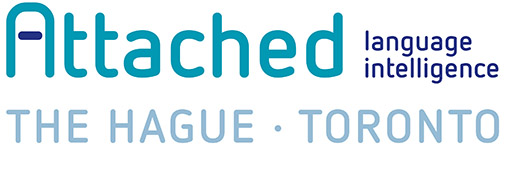I Meet Hotel Webinar with Matthijs Kooijman
Building credibility with customers online
In the spirit of our Do’s and Don’ts series, our Commercial Director, Matthijs Kooijman, was invited by I Meet Hotel to present a webinar about the challenges surrounding online localization in the hospitality industry. His message, however, applies to a much broader range of industries. After all, the common denominator across all sectors is building credibility with your customers – and localization is the direct route.
Matthijs presents some data from CSA Research that shows the effectiveness of a winning localization plan. In short: companies that offer localized websites are simply more successful and create more customer confidence. If a website is only offered in English, you are undercutting your potential buyers by at least half.
Conversely, poorly executed localization can have major repercussions for your customers, for example by sending them to the completely wrong destination! This does not help when you are trying to build a good reputation.

Bali… or is it Paris?
Getting the most out of localization
Matthijs takes it even one step further by presenting examples of search term fails and how the benefits of doing good SEO and keyword research in other languages can majorly pay off.
Hence, he covers a lot in just 17 minutes. A few other topics include:
- Cultural and emotional aspects of localization, or the Cultural Iceberg
- The importance of a frictionless customer experience
- How investment in localization increases customer engagement and drives sales
And as Matthijs says, involving a localization professional from the beginning can save a lot of time and money in the process. If you are interested in knowing more about any of these topics, just get in touch with us.
We’d be happy to help!

